8° GRADE
- Second Term
- ENGLISH CLASSROOM PROJECT:
- MY ENVIRONMENTAL AWARENESS

- Week 14
- April 25th - 29th/ 2016
- "You can't take care of anyone else unless you first take care of yourself."
― Michael Hyatt.
PLANEACION SEGUNDO PERIODO
Acciones Evaluativas
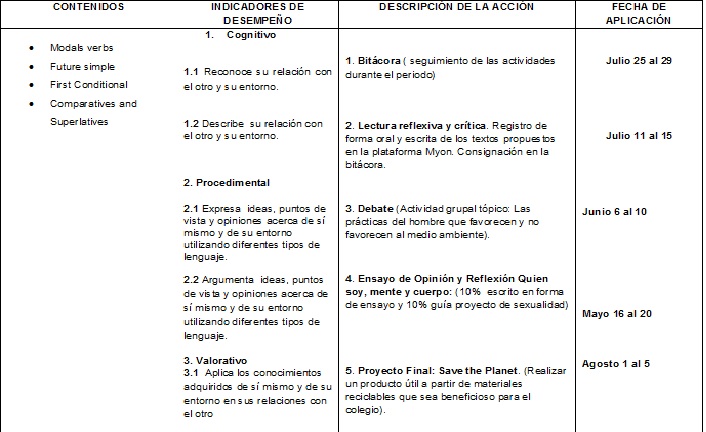
Planeación por periodo
Cuadro Matriz
CLASSROOM PROJECT: MY ENVIRONMENTAL AWARENESS!!!!!!
Environmental awareness is to understand the fragility of our environment and the importance of its protection. Promoting environmental awareness is an easy way to become an environmental steward and participate in creating a brighter future for our children.

The preservation of the environment and a responsible attitude in the use of natural resources are decisive factors that allow humans to coexist with nature and biodiversity.
Environmental sustainability is not only a differentiation factor, but the only way to the continuation of human kind as we know it.
ACTIVITY: WATCH THE FOLLOWING VIDEOS AND REFLECT ABOUT OUR EARTH PLANET
Now, take time to reflect about who you are.
"Discovering the truth of who you are is the only way to love and care for yourself." ― Vironika Tugaleva
WHO AM I ?
ACTIVITY: AFTER WATCHING THE VIDEOS, WRITE DOWN IN YOUR BITACORA
Answer:
a. Who am I? (describe yourself using adjectives)
b. Are you doing something to protect the environment?
c. What do you do in your free time? (talk about sports or hobbies)
d. What do you want to be when you grow up? (goals)
HOMEWORK: In the Platform MYON, Read the book: A DAY INSIDE THE HUMAN BODY.
Steps:
1. Go to MYON platform, www.myon.com
2. Then go to library and search browse
3. When you are in browse select About me, there you find MY BODY
4. Go to the line 8 and it´s there.
You have 10 days to read it.
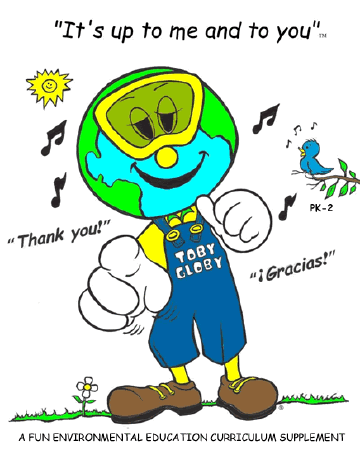
Week 15
May 2nd - 6th / 2016
VOCABULARY UNIT 5: MY MIND AND MY BODY
"You must make time daily to care for your mental, physical, spiritual and emotional health." Lailah Gifty Akita.
1. Ilness
2. Sports
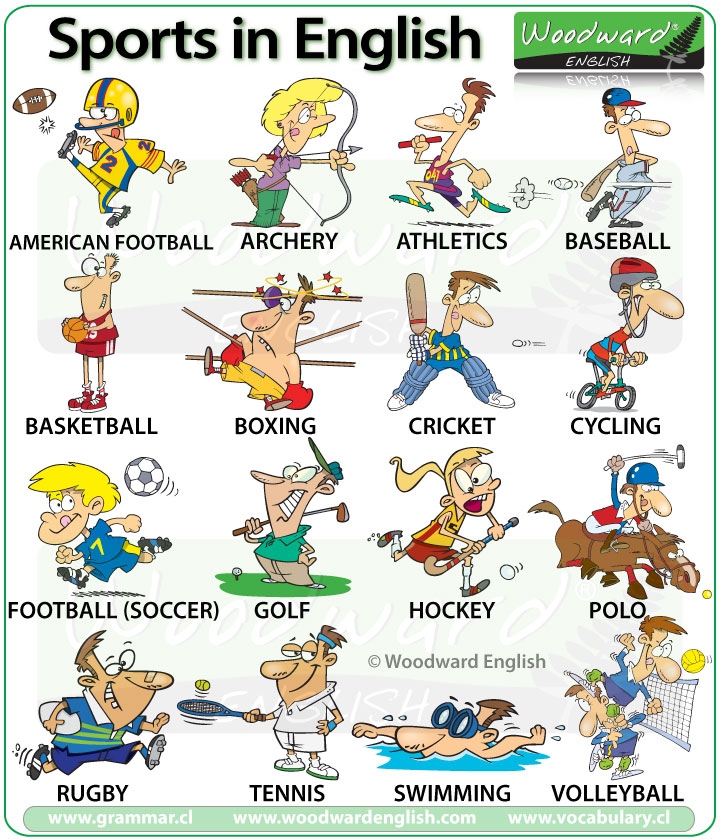
3. Free time activities
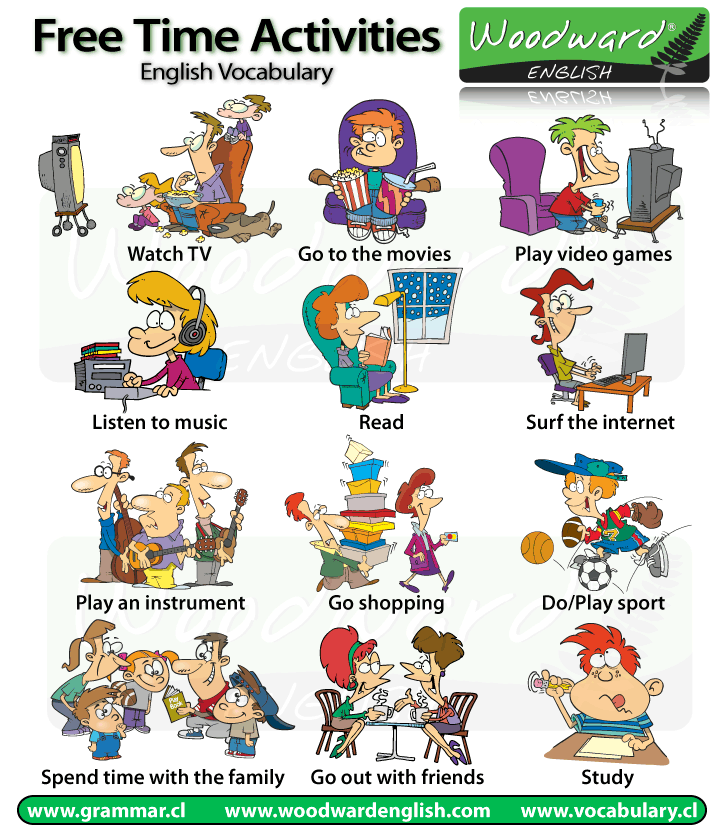
4. healthy habits
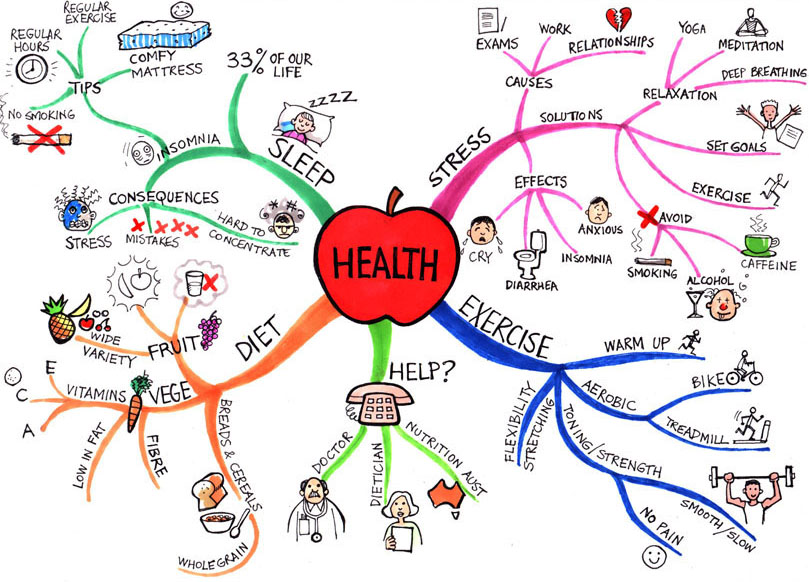
ACTIVITY: WATCH THESE VIDEOS ABOUT HOW THE BRAIN WORKS AND WRITE IN YOUR BITACORA YOUR OWN CONCEPT OF BRAIN.
Modal Verbs: Modal verbs are a very important part of the English language. Modal verbs are used with other verbs to express various things like obligation, prohibition and advice. here we have some of them:
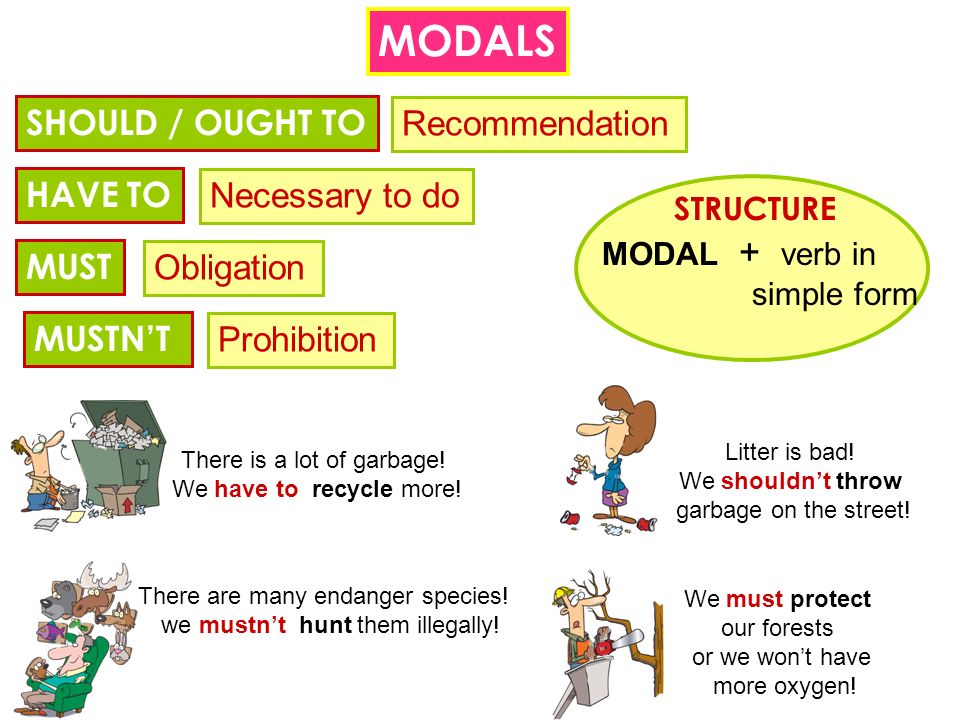
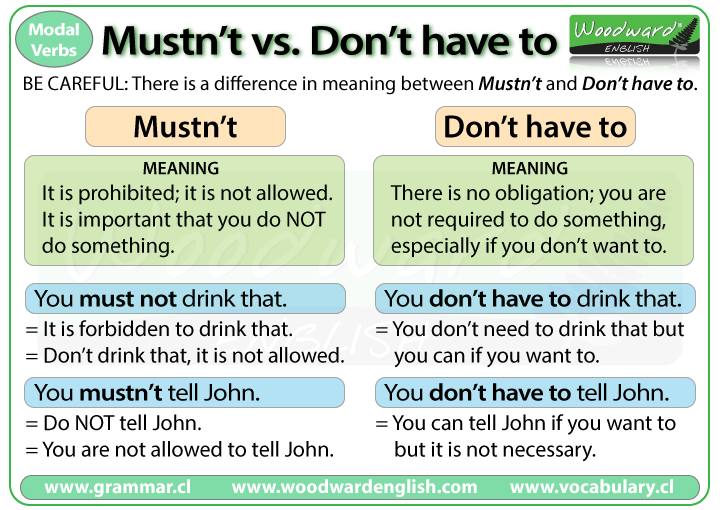
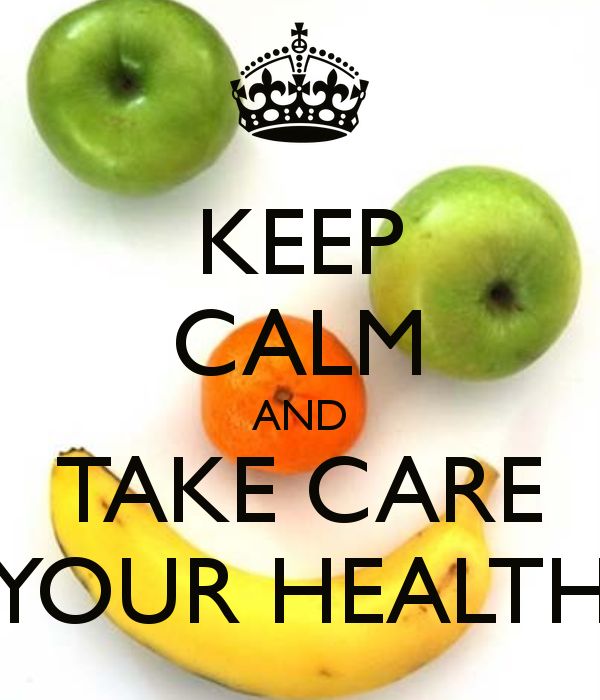
WEEK 16
May 9th - 13th/ 2016
HEALTHY HABITS: SELF-CARE
"Stop what you are doing. Go outside and breathe. The world will not end if you take ten minutes for yourself." ― Fawn Germer
These health tips will be very useful to you, enjoy and put them into practice!!!
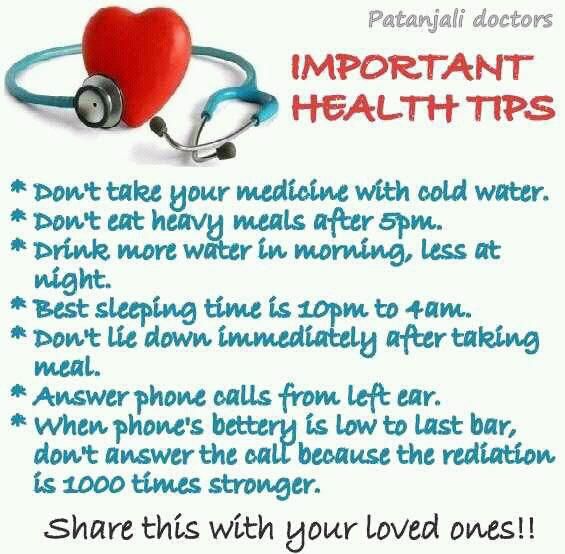
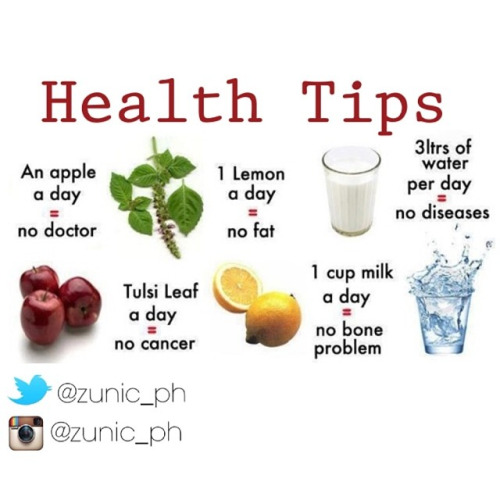
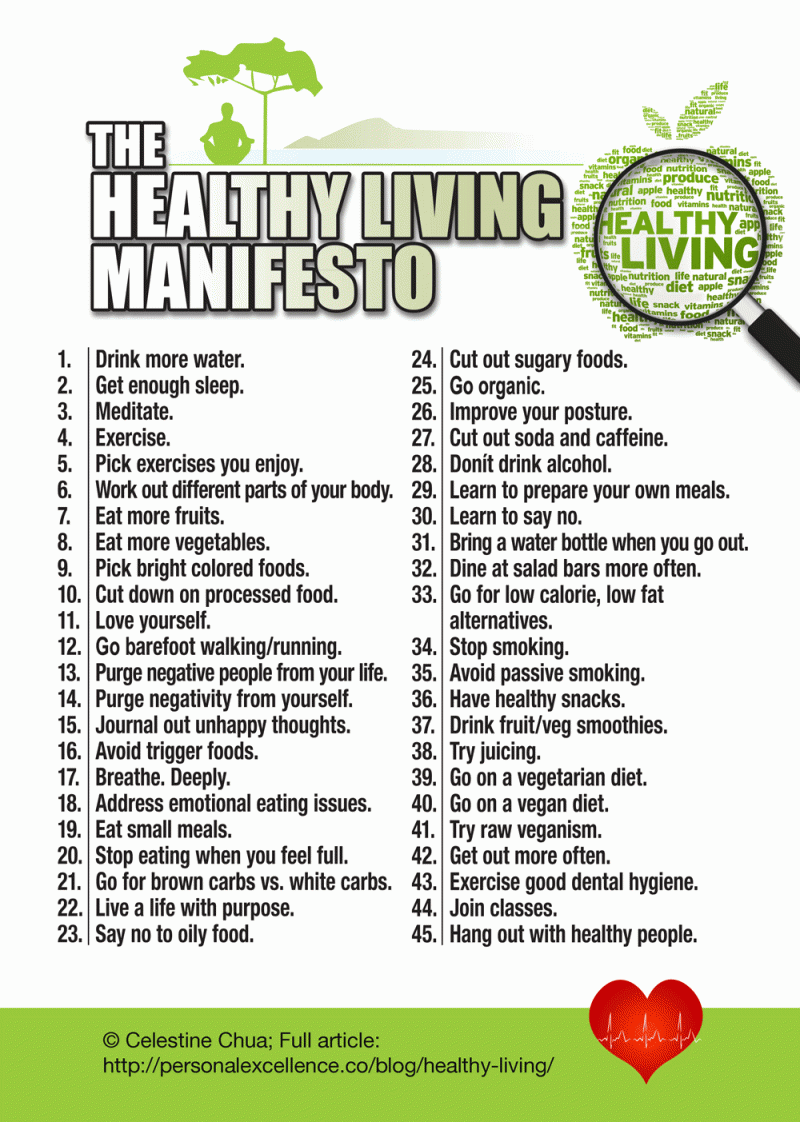
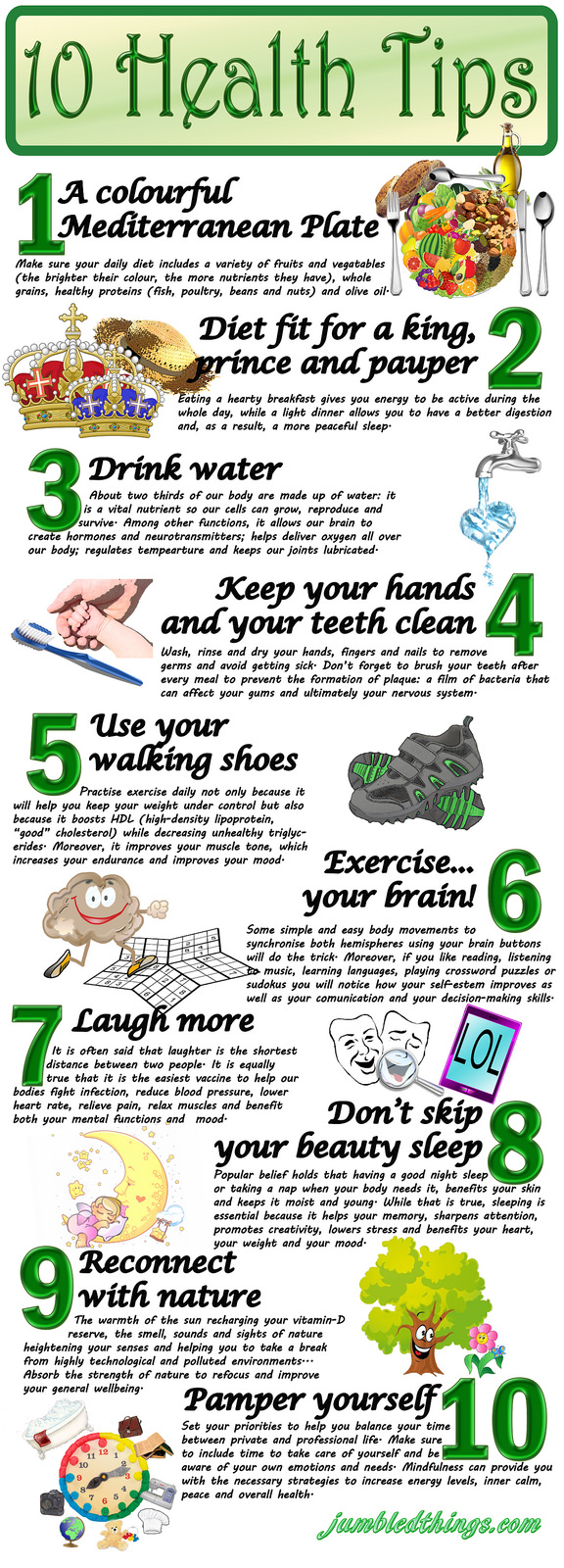
ACTIVITY: AFTER READING THE HEALTH TIPS AND WATCHING THE VIDEO, ANSWER IN YOUR NOTEBOOK:
1. Do you like sport? What sports do you do?
2. Why is it important to do exercise?
3. How long do you sleep on average?
4. How many hours a day do you spend in front of the computer?
5. Do you think you have a healthy lifestyle?
6. What things should you do to live more healthily?
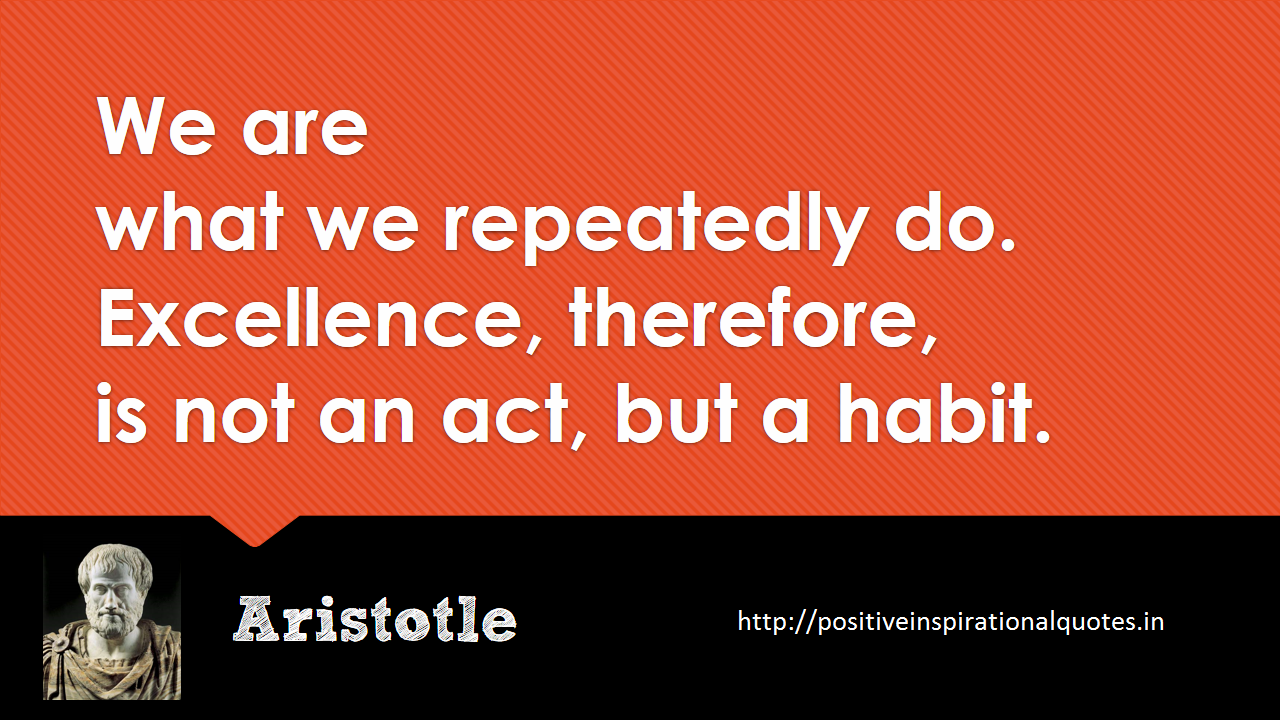

WEEK 17
May 16th- 20th/ 2016
"Taking care of yourself is the most powerful way to begin to take care of others." ― Bryant McGill
WRITING: HOW TO WRITE AN OPINION ESSAY (CÓMO ESCRIBIR UN ARTÍCULO DE OPINIÓN)
A.- PLAN
PARAGRAPH 1· Introduce the topic and give your opinion. Say whether you agree or disagree with the statement.
PARAGRAPH 2· Give a reason to support your opinion.
PARAGRAPH 3· Give a second reason to support your opinion.
PARAGRAPH 4· Summarize your ideas and repeat your opinion using different words.
BASIC DOS IN WRITING AN OPINION ESSAY:
- Introduce each paragraph with a topic sentence, outlining the main ideas.
- Do not write about advantages or disadvantages or points for or against.
- Write in formal style.
BASIC DON'TS IN WRITING AN OPINION ESSAY:
- Don't use colloquial expressions.
- Don't use short forms.
- Don't use emotive vocabulary.
- Don't give personal examples.
B.- VOCABULARY
EXPRESSING OPINIONS
In my opinion, .... En mi opinión...
Personally, I think/ I believe (that)... Personalmente, creo que...
I strongly believe that.... Creo firmemente que...
It is clear (to me) that... Me parece evidente que...
I feel very strongly that... Siento firmemente que...
I (completely) agree/disagree with ... Estoy (totalmente) de acuerdo/ en desacuerdo con....
It seems to me that... Me parece que..
As I see it, ... Como yo lo veo...
To my mind.... En mi opinión,...
In my view,... Desde mi punto de vista,...
From my point of view, .... Desde mi punto de vista,...
As far I am concerned, ... En cuanto a lo que a mí respecta,...
I am sure/ convinced that ... Estoy seguro / convencido de que...
I (dis)agree with the statement, because ... Estoy de acuerdo/ en desacuerdo con la afirmación porque...
GIVING REASONS
My main reason is.... Mi razón principal es..
Another reason is... Otra razón es...
One reason for... is .... Una razón para.... es....
Many people say/ believe that... Mucha gente dice/ piensa que..
Because... Porque...
Since... Puesto que/ ya que...
Because of/ due to... Debido a...
EXPRESSING FACTS
It is widely known that... Es ampliamente conocido que..
It is a well-known fact that ... Es un hecho bien conocido que...
Research has shown that... La investigación ha demostrado que...
There are definitely... Definitivamente hay...
It is a fact that... Es un hecho que...
It is clear/ true that... Está claro que/ es verdad que...
For example/ for instance,... Por ejemplo,...
ADDING IDEAS
What is more,... Y lo que es más,..
Moreover/ furthermore/ in addition (to) Además,...
Apart from (that)... Aparte de...
Firstly,... En primer lugar,...
First of all,... En primer lugar,...
Secondly,.. En segundo lugar,..
Thirdly,... En tercer lugar,..
Lastly,... Por último,..
Finally,... Finalmente,...
EXPRESSING PURPOSE (LINKERS OF PURPOSE) We use linkers of purpose to introduce reasons:
SO (THAT) (para)
I have brought a microphone so that the audience will be able to hear us.
IN ORDER TO ( para)
We need to register with the council in order to vote.
TO (para)
I am phoning to ask information about the event.
SO AS TO(para)
We all need to vote so as to express our opinions.
CONCLUDING THE ESSAY
TO SUM UP,... Para resumir...
TO CONCLUDE,... Para concluir...
IN CONCLUSION,... En conclusion...
IT IS CLEAR THAT... Está claro que
IN SHORT....En resumen...
ON THE WHOLE .....En general...
ALL IN ALL,... En conjunto, en terminus generals,...
C.- EXAMPLES
"The teenage years are the best years of your life". Do you agree?
People often say that the teenage years are the best years of your life. However, I do not agree with the statement.Firstly, most teenagers have little independence. They have to do what they are told by their parents and teachers.
In addition, they usually do not have much money.Secondly, teenagers may not have the responsibilities adults have, but they have other worries. Teenagers have a lot of pressure form exams, which can determine the rest of their life.
All in all, teenagers have a lot of fun, but I believe that the best years of your life come when you are a bit older, with a job, money and the freedom to do what your like.
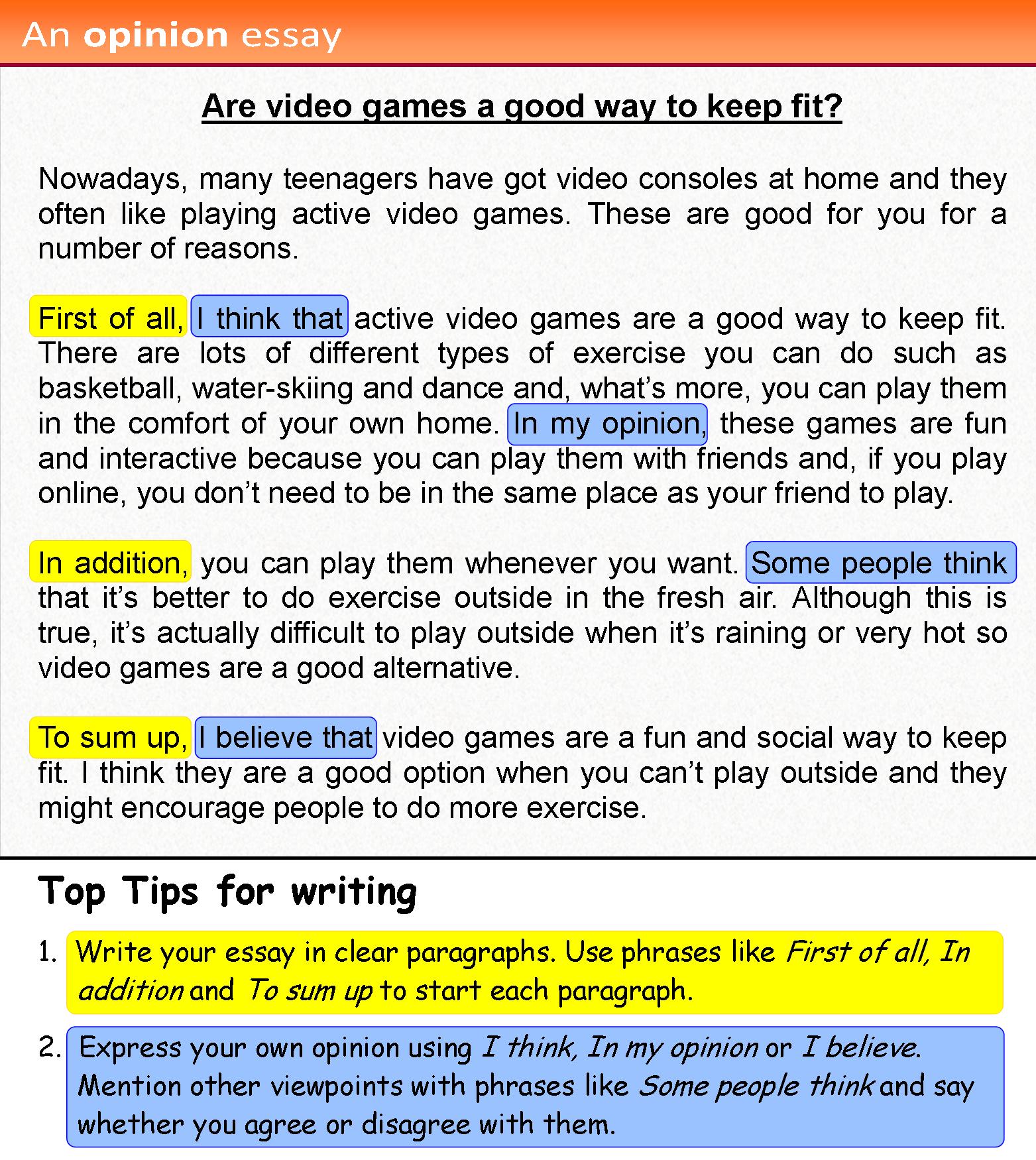
- You can also see page 59 from your student book: ACHIEVERS B1 to have more ideas about how to write an opinion essay.
Sexual education school project
Eight grade topic: TEEN PREGNANCY
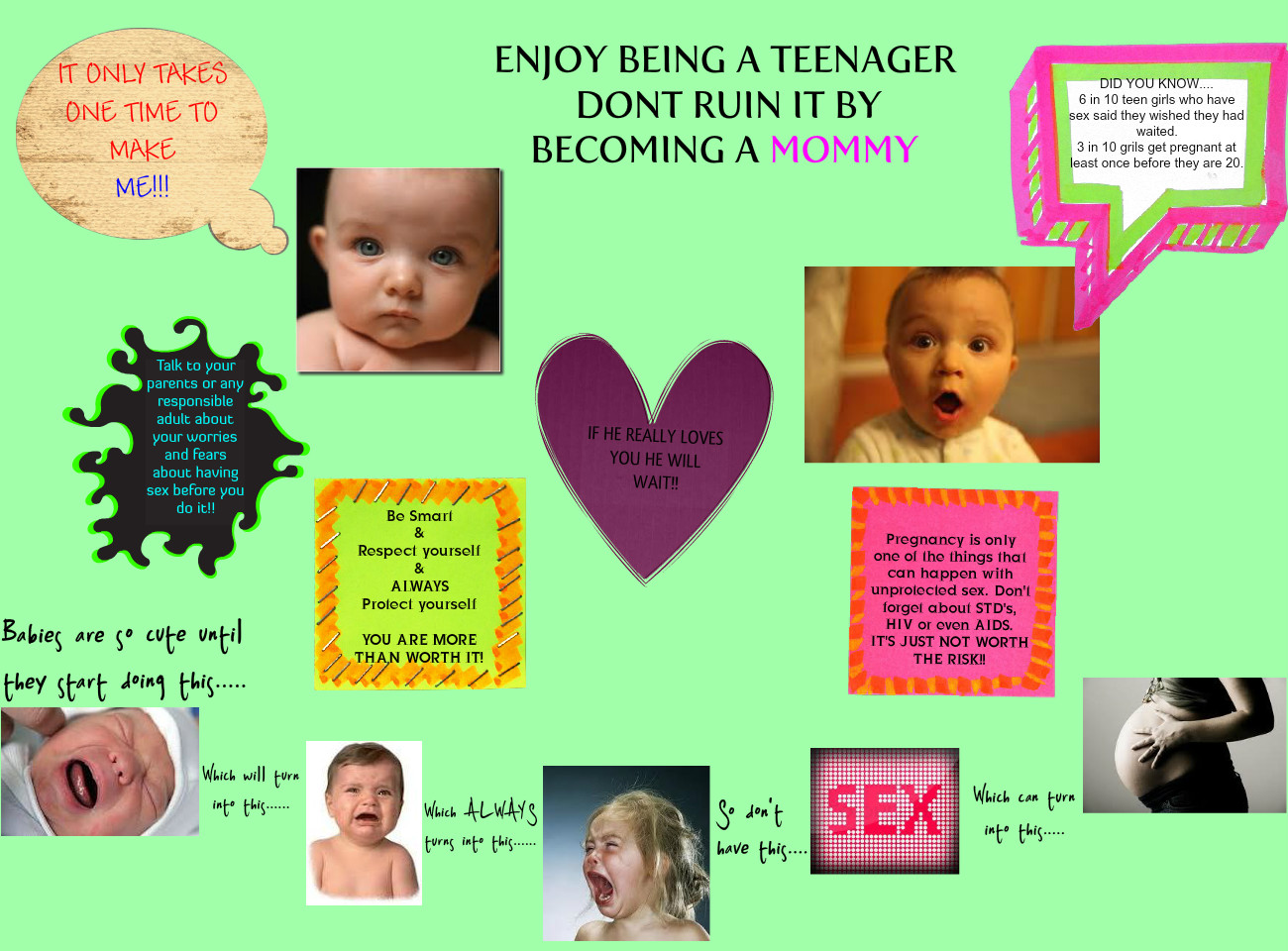
Teenagers - young people between the ages of 10 and 19 years - are often thought of as a healthy group. Nevertheless, many adolescents do die prematurely due to accidents, suicide, violence, pregnancy related complications and other illnesses that are either preventable or treatable.
For some adolescents, pregnancy and childbirth are planned and wanted, but for many they are not. Adolescent pregnancies are more likely in poor, uneducated and rural communities. In some countries, becoming pregnant outside marriage is not uncommon. By contrast, some girls may face social pressure to marry and, once married, to have children. More than 30% of girls in low- and middle-income countries marry before they are 18; around 14% before they are 15.
Adolescent pregnancy can also have negative social and economic effects on teenagers, their families and communities. Many of them who become pregnant have to drop out of school. A young with little or no education has fewer skills and opportunities to find a job.
Although many young women find raising a child to be a positive and rewarding experience, the social issues that can be linked to teenage pregnancy include:
- the young woman not being able to finish her education, which can lead to long-term unemployment or job options that are not secure or well paid
- being dependent on welfare or on a job that is not well paid, putting the young woman under more financial pressure, which often leads to poor housing arrangements and not being able to afford basic necessities
- a lack of acceptance, support and understanding from the young woman's family and friends
- being more at risk than older mothers of maternal mental health issues, such as postnatal depression, possibly due to a lack of support, being isolated from friends and family, or financial pressures.
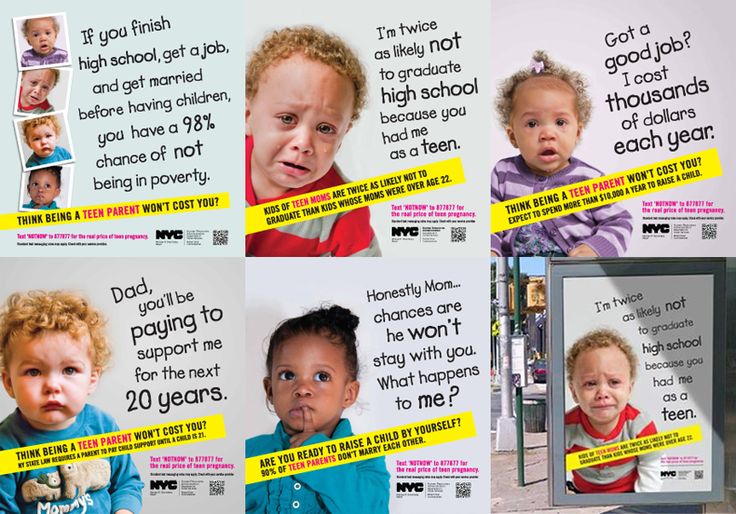
Hi guys, in order to support the sexual education school project and our classroom project, let´s do the next workshop.